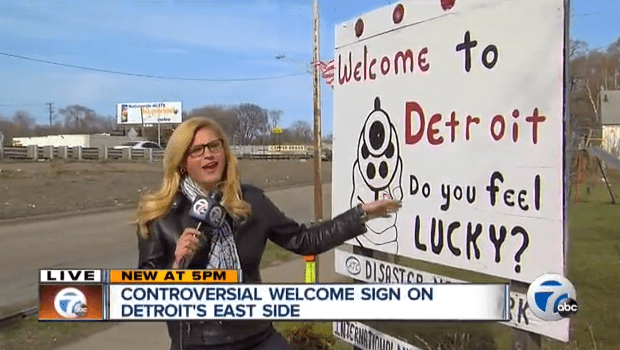The Truth About Guns is about guns. So we’d like to point out that today’s Supreme Court ruling on MIranda Rights concerned the shooting death of a man named Samuel Morris in 2001. A survivor of the attack fingered Van Chester Thompkins as the trigger man. Police arrested Thompkins and read him his Miranda rights (“You have the right to remain silent. Anything you say can and will be uses against you . . . .). The po-po proceeded to interrogate Thompkins for three hours, during which time he said sweet F.A. However, during the “interview,” one of the officers asked Tompkins if he prayed for forgiveness for “shooting that boy down.” Thompkins said, “Yes.” He was convicted of the crime. On appeal, Thompkins lawyers argued that the court should throw out the statement, claiming his client invoked his Miranda rights by remaining uncommunicative with the interrogating officers. The Supremes threw out the throwing out . . .
Speaking for the majority, Justice Kennedy wrote that Thompkins’ silence during his interrogation wasn’t good enough. “If a suspect makes an ambiguous or equivocal invocation of that right. Police are not required to end their questioning.
Justice Sonia Sotomayor dissented.
“Today’s decision turns Miranda upside down,” she wrote. “Criminal suspects must now unambiguously invoke their right to remain silent — which, counter-intuitively, requires them to speak. At the same time, suspects will be legally presumed to have waived their rights even if they have given no clear expression of their intent to do so.”





Pretty slippery how these liberals twist words around to suit their specific agendas.
Without knowing more about the case I'm inclined to agree with the majority. Thompkins could have ended the questioning at any time by uttering the words "I don't want to say anything. I want a lawyer."
Unlike silly programs like "Law and Order" or "NYPD Blue" where the cops then proceed to try and talk the suspect out of invoking his rights, most police departments are pretty scrupulous about stopping the questioning at that point (especially if the interrogation is videotaped.) Had Thompkins stated that he was not interested in talking, the cops would have been required to stop the interrogation, and if they didn't, his subsequent statements could have been excluded.
The lesson here should be clear: 1. Know your rights. 2. Be absolutely clear and unambiguous when asserting your rights.
There are some bad apples, though:
http://www.democracynow.org/2010/5/24/trial_begin…
Okay – not really relevant to the issue as coerced confessions are always inadmissible. The issue for the Court would be whether Thompkins' non-cooperation constituted an invocation of his 5th amendment rights. The Court said it did not, and I agree with them.
They've been doing this for decades.
One more lesson: don't shoot two strangers without provocation in a mall parking lot (or at least if you do, make sure both are dead so the survivor can't finger you).
The last thing the honorable Mr. Thompkins said before unloading a torrent of lead into Samuel Morris (killing him) and Frederick France was, "What you say, Big Dog?" I guess that qualifies on the street as mirandizing your victim before you act as judge, jury and executioner.
According to the appeal, Thompkins was verbally advised of his rights and he verbally acknowledged that he understood them, although he refused to sign a police form attesting to such. At no point did he request an attorney. At no point did he indicate that he wished to exercise his right to silence. Over nearly three hours he was mostly silent but did episodically speak with the detectives.
Clearly the Supremes took the correct action here. This man had every opportunity to end the interrogation. Clearly the perp wanted the truth to be known – since he found god and all.
Full text of the appeal: http://www.ca6.uscourts.gov/opinions.pdf/08a0409p…
Comments are closed.